6 simple steps to protect yourself against Cyber Crime
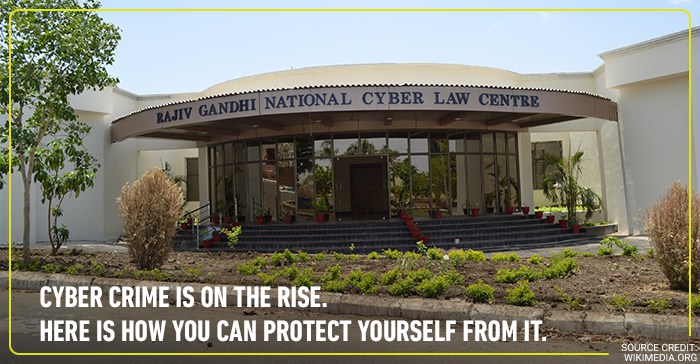
What makes cyber crime dangerous?
Is it the anonymity that internet provides its users?
Or is it because of the rate at which it is growing?
In 2011 there were around 13,301 cases of cyber crime reported in the country but in 2015 we already have over 3, 00,000 cases.
All the above facts throw light on the disturbing facts of cyber crime.
To help you stay safe from becoming a victim of cyber crime, here are some precautions you could take:
Using a strong password:
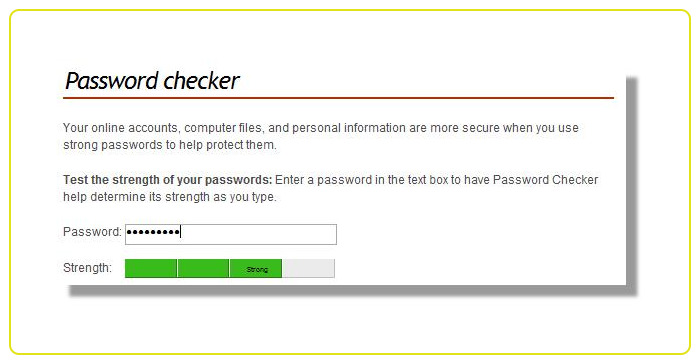
The first defence in being safe is to secure your password. This statement might have become redundant as you see it every time you sign up for an account but a strong password does make a huge difference to how safe your account is. This is imperative, especially when it comes to cyber-stalking (where someone goes through all your information present on your computer or on social media) and hacking (gaining illegal access to computer or data).
You can also protect your password by using a trusted password generator or simply make sure you have a combination of alphabets, numbers and symbols in the chosen password.
Never disclose your account details to anyone or any personal data to someone on the internet or on the phone:

Many people have been getting fraudulent messages that ask them to disclose their bank account details or transfer money to another account in promise of more money. People who aren’t aware of such scams fall prey to them. These messages or people are scams and must be reported to the police or bank authorities.
Many times people call and ask for personal details regarding online accounts stating they are from trusted sources such as a bank. Unless you know the person and can authenticate him/her, never give your details.
Use a trusted anti-virus:
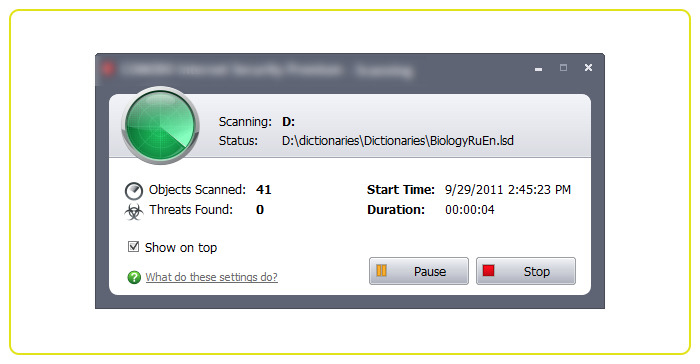
Many people believe that there is no use of using an anti-virus but protecting your computer via an anti-virus can actually stop people from hacking into your computer and stealing your information. Investing in a good anti-virus is one of the key steps in ensuring safety from cyber crimes. Also, maintaining and upgrading your anti-virus is crucial.
Never send credit/debit card details on any untrusted site:
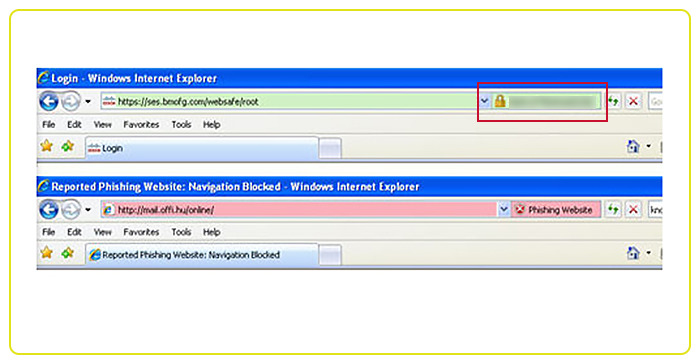
If a payment site does not start with https or if you are asked for your credit/debit card details when it does not seem necessary, then never enter your details. There should also be a lock icon on pages that are secure. If none of these parameters are present, then do not reveal your card details.
Protect your Wi-Fi:
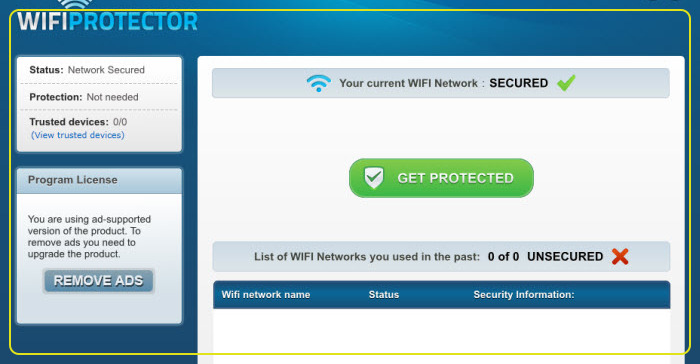
Make sure you have a strong, encrypted (8 digit, website generated password). If you prefer your password to not be encrypted make sure that no one except the people in your house are aware of how to log onto the Wi-Fi.
An additional measure you can take is to make sure your phone or your computer’s Bluetooth is switched off when not required.
Report a Cyber Crime immediately:
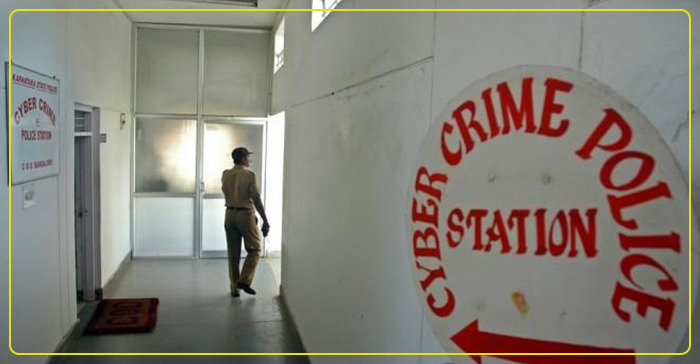
The Information Technology Act 2000 was enacted to help for the commercial use of Information Technology (IT). It also states actions that are punishable in the IT space.
The Indian Penal Code 1860 has also included cyber crime under its purview.
Bogus websites, threatening messages sent via email, email abuse, hacking etc. are some of the acts that come under the above mentioned laws.
Every city has a cyber crime cell where the complaint should be lodged.
If a person suspects that he/she is a victim of cyber crime then they should immediately go to the authorities with the necessary details.
The introduction of new technology brought new types of crime which is making us insecure of the information we can or cannot put on the internet. It takes only a matter of seconds to become a victim of cyber crime. To make sure that such crimes decrease, everyone must make efforts to keep themselves safe and educate those around them to not fall for illegal activities, scams or frauds.
If you have you been a victim of a cyber crime or want to share your views on the subject, please write to us at jaagorein@gmail.com or tweet to us at JaagoRe.
Sources:
LegalIndia
ASSOCHAM
Share this story on





